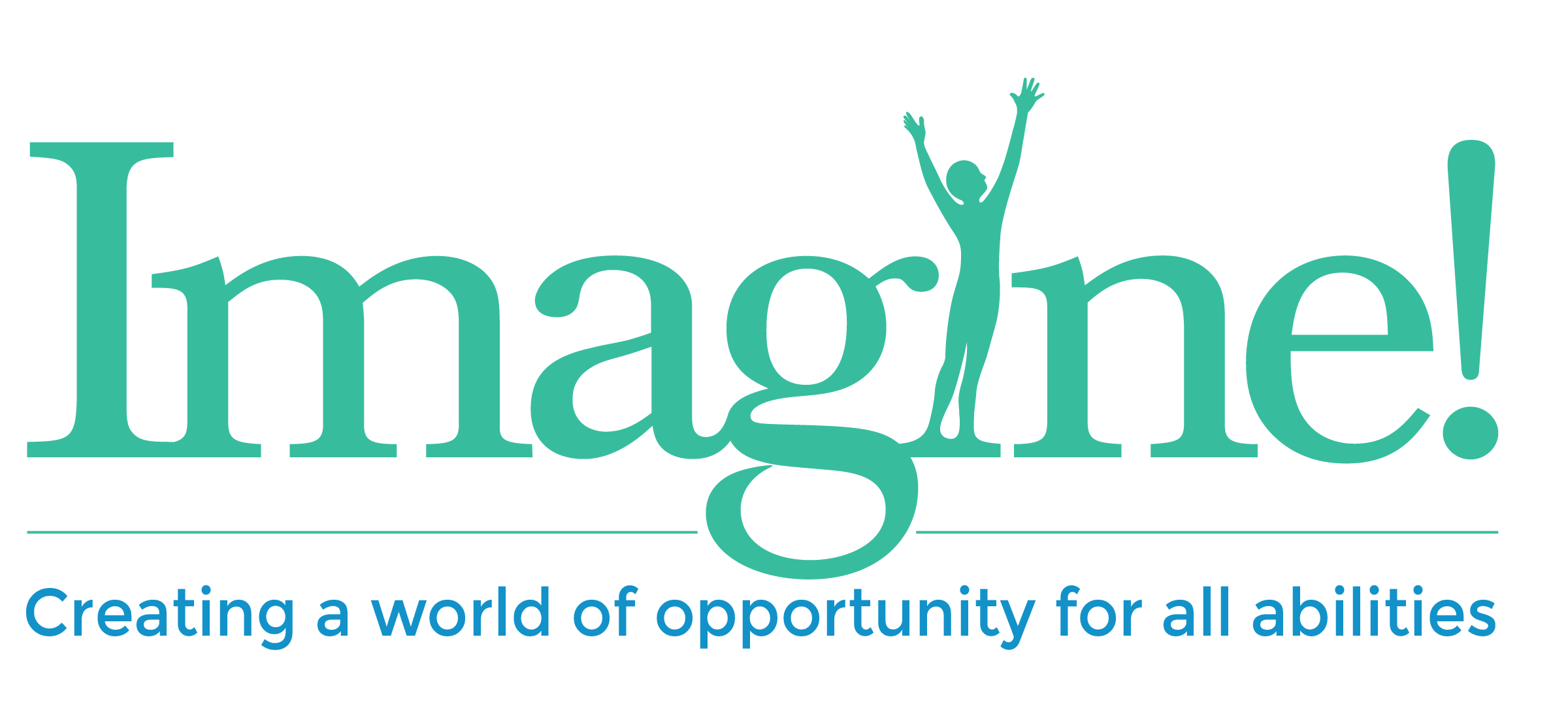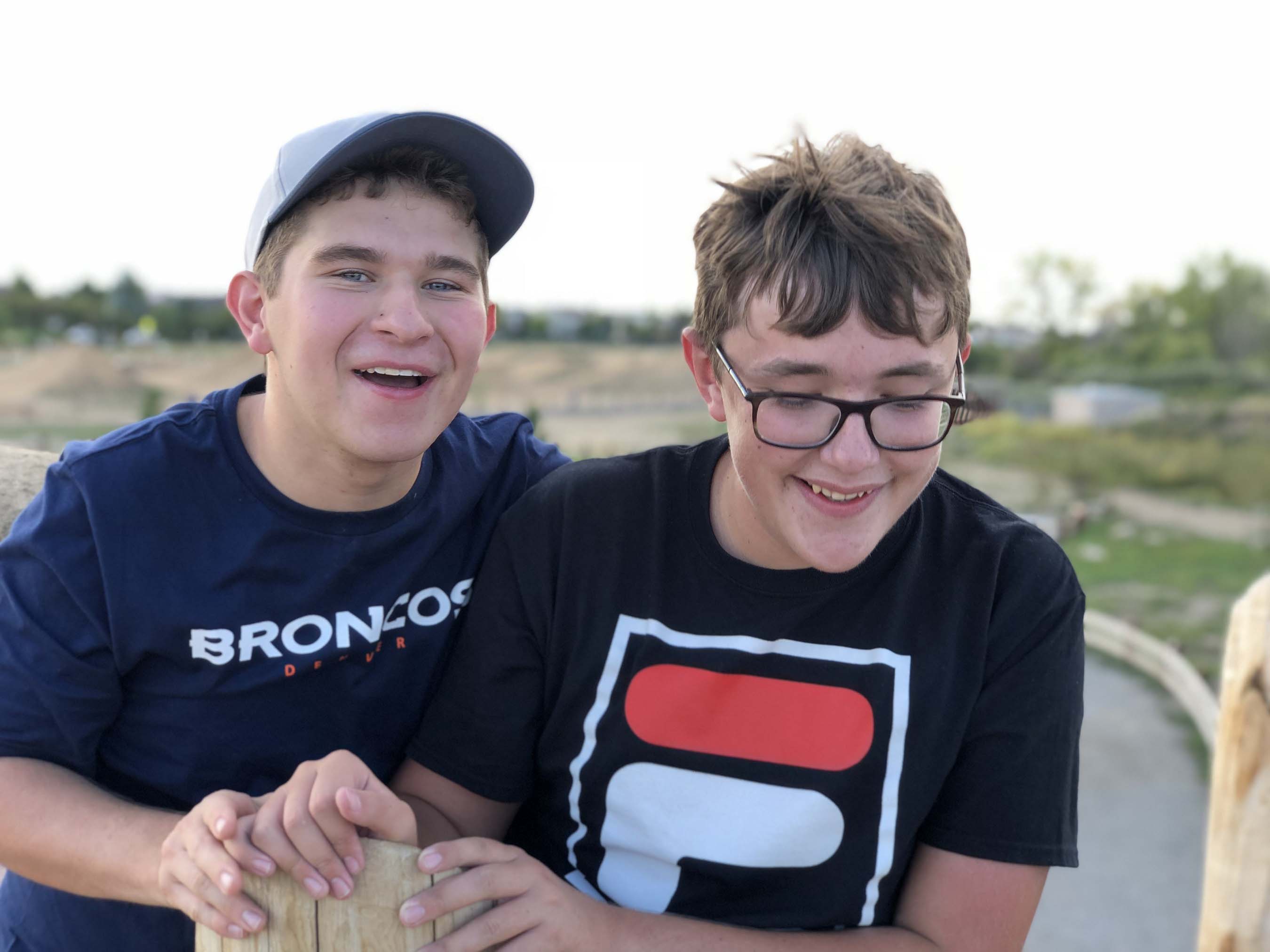
Behavioral Services
Imagine! Behavioral Services use Applied Behavior Analysis (ABA) to provide evidence-based services in a variety of settings through education, team support, and collaboration.
Our Philosophy
Imagine! Behavioral Services offer evidence-based approaches under the guidance of Board Certified Behavior Analysts (BCBA) practicing Applied Behavior Analysis (ABA). We offer individuals, families, and their support circles direct intervention through consultation, evaluation, advocacy, education, and program development. We are dedicated to providing all individuals with customized and quality services using the principles of ABA while following the ethical guidelines set forth by the Behavior Analysis Certification Board (BACB), the Association of Behavior Analysis International (ABAI), and the Association of Professional Behavior Analysts (APBA). In following with the BACB's guidelines and standards, we strive to maintain a professional and therapeutic relationship at all times.
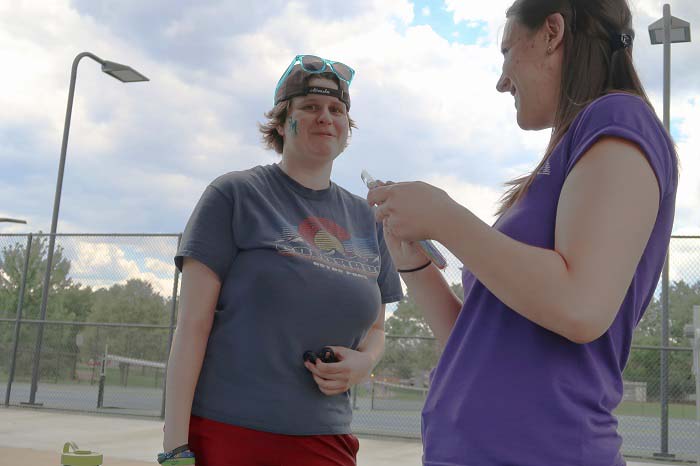
What Sets Us Apart?
We provide individualized supports to people of all ages. We serve persons with autism, developmental disabilities, acquired/traumatic brain injury, dual diagnosis, cognitive/memory issues related to aging, and people with other diverse backgrounds. We offer a broad range of services including: function-based treatment, skill acquisition, behavior reduction, social skills training, and verbal behavior training. In addition, we are committed to education and offer topic specific seminars and group skills training classes open to the community.

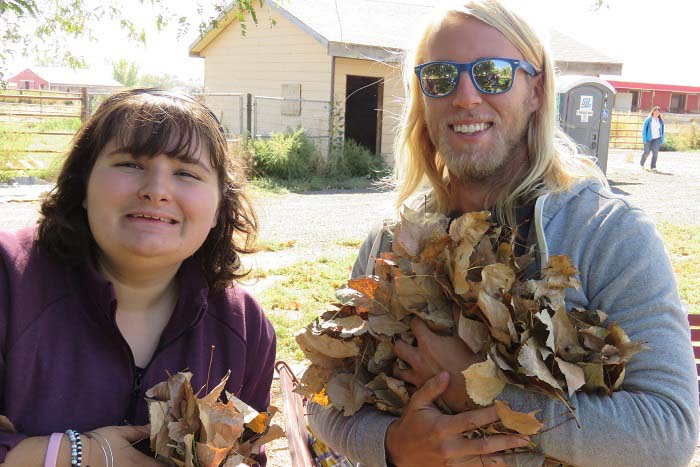
Embedded Behavioral Services
Imagine!'s Behavioral Services are embedded into the fabric of our overall services, programs, and activities. You will have access to our Board Certified Behavior Analysts and other Behavioral Team members to receive the highest quality of care we can provide. Embedded behavioral services can help children and adults attending other services with functional communication training, social interaction and relatedness, help with transitions, increasing a variety of skills, decreasing problematic behaviors, and much more.
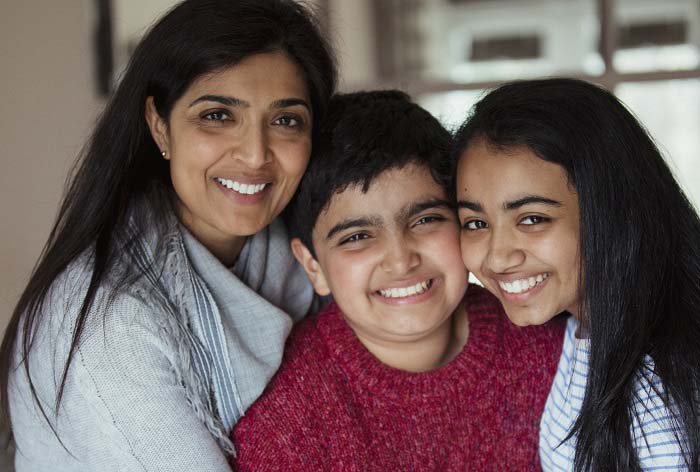
In-Home Behavioral Services
Imagine!'s Behavioral services can help children with toileting, acquiring speech, eating habits, social interaction and relatedness, play and leisure activities, self-help, understanding stereotypy (like hand flapping) and teaching functional play, decreasing problematic behaviors, arranging the classroom environment to support learners with autism, preschool readiness and "learning to learn" skills, and much more. To learn how to access this service, please click Contact Us at the bottom of this page
Board Certified Clinicians
We are a team of specialists who have received extensive graduate level training. Each behavior analyst is Board Certified, which means you are receiving services from highly trained professionals. BCBAs are, at minimum, Master's level professionals who have also attained their Behavior Analyst certification.
The individuals we serve are supported by a team of therapists and clinicians who complete an assessment and implement ongoing direct supervision as a way to ensure growth and an increase in positive behavior.
Imagine! Behavioral Service's Behavior Technicians and Registered Behavior Technicians are supervised by the BCBA (Board Certified Behavior Analyst) to maintain efficacy and compliance with standards determined by the BACB (Behavior Analyst Certification Board).
In-Home Behavioral Services
Should we seek behavioral services?
Families and caregivers are often confused about why or when to seek behavioral services. Imagine! Behavioral Services provide behavior assessments, skill assessments, school planning, transition support, education of primary social circles, and individual behavior intervention. We serve persons of all ages, including children (with early intervention support and without), adolescents, young adults and older adults.
How can behavioral services help?
Teaching Skills: We can help someone learn a brand new skill or maintain a skill that they have already learned. We spend time understanding each person's goals, the family's needs/wants, and the abilities of the person. We design our approach to support learning and continued growth.
Diagnoses: We can address behavior concerns whether they are related to genetic, mental health, or developmental diagnoses.
Challenging Behaviors: Some of the frequent behavior challenges we see include: verbal aggression, behaviors that hurt other people or themselves, disruptive behaviors, tantrums, repetitive behaviors, manipulative behaviors, property destruction, and refusals. Some of the behavior challenges we address for families and teams consist of: transitioning between environments or living situations, working with a new caregiver, setting expectations, positive communication, empowering families/school/vocational organizations, and sibling interaction.
When should a referral for Behavioral Services happen?
- As soon as possible after symptoms are noticed or a diagnosis is present. Decades of research show that the earlier children begin treatment, the higher their chance of better outcomes. Keep in mind: reputable BCBAs could not and would never promise specific individual outcomes for a child.
- When a challenging behavior is interfering with learning or the harmony of the home, school, or community environment.
- When a person is not displaying skills or behaviors that their peers are showing, and this worries you or your community.
- When a person loses skills that they had already mastered.
- Your physician, therapist, teacher, or another professional recommends behavioral services based upon their observations or diagnosis.
